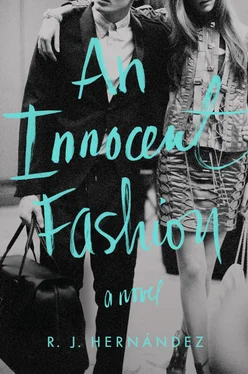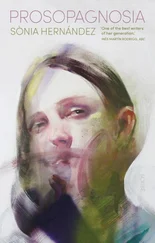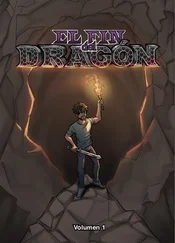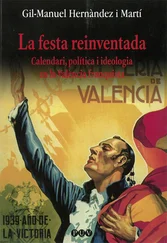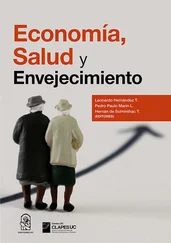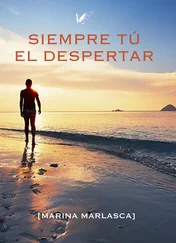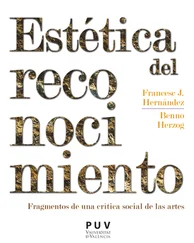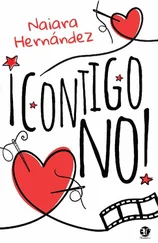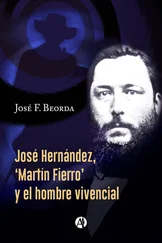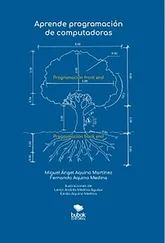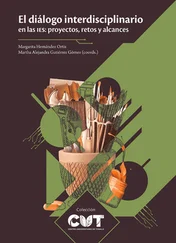I heard her fumble with the lock on the bathroom door. “I’m going back to dinner.”
“Fine. What is it anyway, a bucket of caviar?”
“Foie gras,” she spat, and the door finally swung open, letting all the voices in. “It’s Dorian’s treat. I’ll tell him you send your love.”
ALMOST THREE MONTHS AGO, MADELINE HAD BEEN ON AN outdoor stage with eleven others, distinguished by her on-campus political efforts and radiant hair, while my peers sat alongside me in a sea of white lawn chairs, everyone in blue graduation robes and matching mortarboard caps. Behind us our parents craned their necks, eagerly clutching video cameras and signs that read, CONGRATS GRAD! while light fell through the trees like sunbeams through a cathedral dome. If you were the religious type, you could have said that we appeared blessed.
My own parents were in the audience, exhausted from their red-eye the night before, and probably flabbergasted to at last be playing some role in my life. Over the past four years, obligatory summer vacations in Corpus Christi had constituted the main patches of our threadbare relationship, as during the school year I rarely called them, and two times I had escaped a Christmas homecoming by accepting holiday travel invitations with the Dupres instead. The summer after freshman year I had entertained the idea of backpacking by myself through Europe, only to discover the prohibitive reality of transatlantic plane fare, and ruefully accept my inevitable three-month sentence back home. With the fierce singlemindedness that would become the hallmark of every summer thereafter, I worked several jobs and barely saw my parents at all, as I furiously stockpiled funds for my eventual big move. Ambition had disinherited me from them — until I woke up that morning on graduation day to find my mother ironing my ceremonial gown, and almost cried at the tragic realization of what her presence meant.
Now an old man was on the stage, talking for a long time. I didn’t know who he was or why he should be there — maybe nobody else did either, and we were all just letting him talk out of politeness — but regardless he sure did talk . In fact, he talked like it was the last time he would ever talk to anyone, like he was afraid that when he was done he might just turn over and die, because truly he covered every single topic: Hard work and responsibility, dreams and passion, the “true meaning” of practically every complicated matter, it seemed, including love and friendship. To be honest, I didn’t hear anything at all, just gazed at his withered lips on the projector screen, waiting in anguish for him to finish. Every word was a step closer to the end, another brick off the wall that for all of eternity had separated us from our independence, our true purpose in the world. In my mind the wall was crumbling lower and lower with every anecdote and cliché and quote, every invocation of a historical hero and every “ Ralph Waldo Emerson once said ,” until beyond the pile of rubble we could finally see a whole cloudless sky and another sun burning brighter than the one behind us. One of us had climbed the remains of the wall in graduation robes, and dropped to the other side — then the rest of us were swarming upward together, climbing and pulling on each other’s robes, yelping with delight at discovering the mystery that still awaited on the other side, and when I had almost reached the top — all around, the wall was still flowing downward, I finally got to see. An endless field of rippling gold rye, and everybody spilling into it, rushing toward the new sun.
Beside me, Blake laughed at something the old man said. I looked up, watching the passage of a single cloud in the sky. Its slow, dutiful movement away from the sun eliminated the last doubts that we had been singled out in the world for eternal brightness.
Finally, the man paused. Then, maybe because I thought his speech was over — I saw the glimmer of gold beyond him — I listened to his next words, which I repeated to myself every day thereafter.
“You are the best and the brightest,” he told us, with more soaring conviction than I had heard in my entire life. “Full of new ideas, and great promise. From this day forward, the entire world will bend to you, like flowers to the light.”

I STARTED BY CONTEMPLATING THE ASPIRIN.
Misuse could lead to serious side effects, the bottle promised , including stomach pains, and in rare cases — death. Besides that, it didn’t offer any clues, like how many one should take to achieve said death, or what constituted a “rare case.”
I rattled the bottle; considered the cinematic weight of the moment. If this were some Cannes-worthy drama, I knew exactly where they should pan the camera, what kind of lighting would be just right. I poured the contents onto my palm and began lining up the pills along the edge of the porcelain sink. One, two, three, four. ten. Ten pills. I couldn’t conceive that ten tiny pills would have any effect beyond giving me a stomachache. With one fluid motion, I scooped them back into my palm like a handful of colorless M&M’s. Together they were so small compared to the rest of me — if I decided I was serious, I’d have to get another bottle, at least.
I wondered if, to achieve my intended outcome, I should take them the way someone normally took aspirin? Just pop them in my mouth, two by two, like animals into Noah’s Ark, until I was safe from the flood inside my head? Maybe it was a better idea to just eat them: grab a handful, toss them in my mouth at once, and chew them up like a chalk salad.
I tried to think of anybody I knew who had killed themselves. Adults always made it seem like suicide was some kind of epidemic, like kids were doing it all the time, but the only person I sort of knew who had killed himself was Alvin Baker, and the coroners weren’t even sure if he had done it on purpose. They had found him in his dorm room in Berkeley Hall, where he’d overdosed, like Marilyn Monroe. The autopsy report was withheld for days and I remember that week hearing terrible rumors that there might have been a murder. It was wrong of us to talk about him while he was dead; nobody really knew him, but of course when something like that happens, it’s all, “ He used to shower on our floor ,” and “ I had Psych with his roommate ,” although you couldn’t really blame us all, because, well — how often did anything happen in real life that was like something on TV? The strangest part was how his parents acted — they didn’t cry at the wake. But I guess when something terrible like that happens, it’s hard to say how anyone should react. Later it went around that Alvin had intentionally overdosed on Ritalin, but ultimately, who knew?
Alvin Baker had been a science major, so I’d never crossed paths with him. I do remember that on the afternoon before his funeral I had been walking home from class when the marching band came out of nowhere into Cross Campus, and started playing songs by The Beatles. They did that kind of thing all the time at Yale — the pep squad, or the Pundits, or whomever, would just get together and make a commotion outside; the point is, it was so common for the marching band to be out on a beautiful autumn day, playing “I Want to Hold Your Hand,” that I didn’t think twice about it. Nobody was dancing, so I dropped my bag, threw my hands in the air, and did a cartwheel. People could be so infuriating sometimes — here was the marching band playing a great song, and everyone around them just trudging along like some kind of funeral procession. It made me crazy. I danced beside them and made a huge scene.
I felt an arm reach out from the procession. “Hey, Cecily,” I said. We’d had a class together the year before — Intro to Evolution, or some requirement — but I didn’t know her very well. “Why isn’t anybody having fun? This is great!”
Читать дальше
